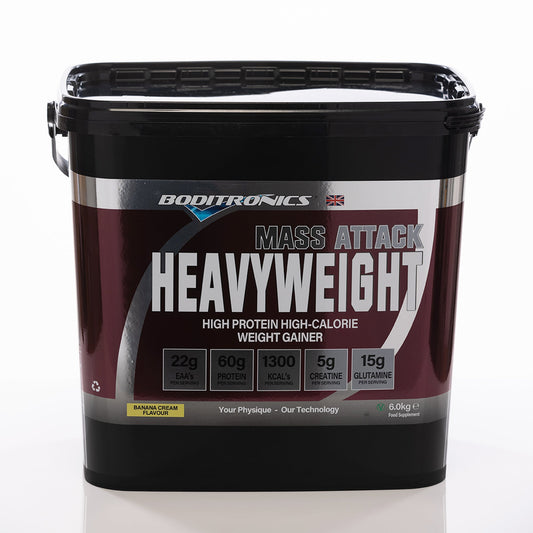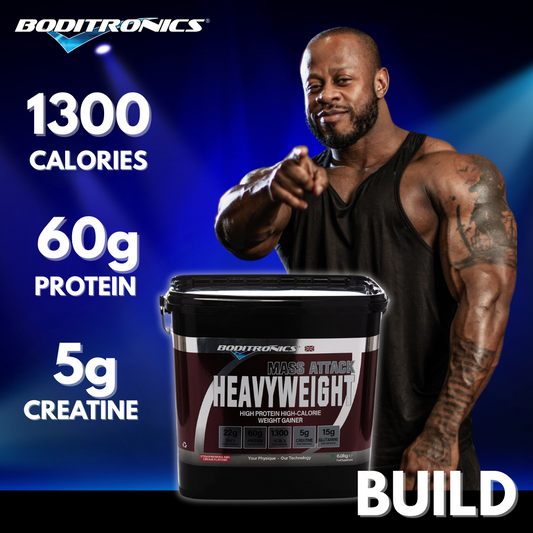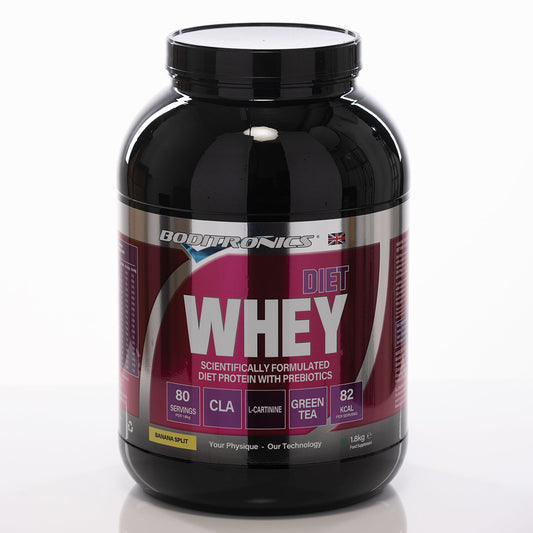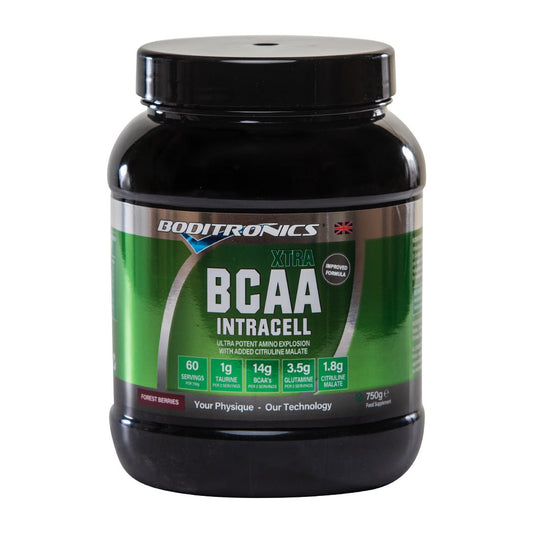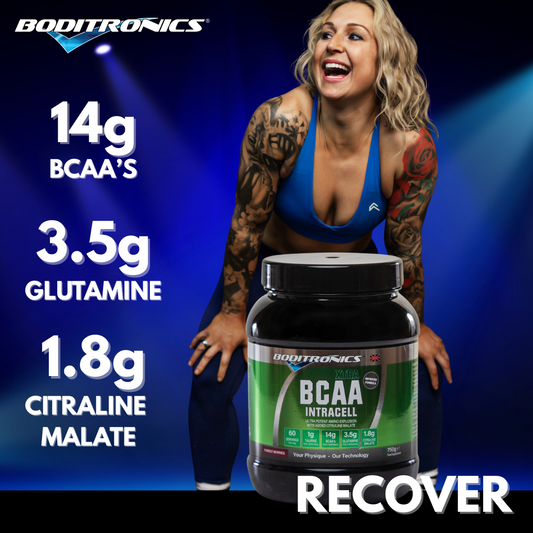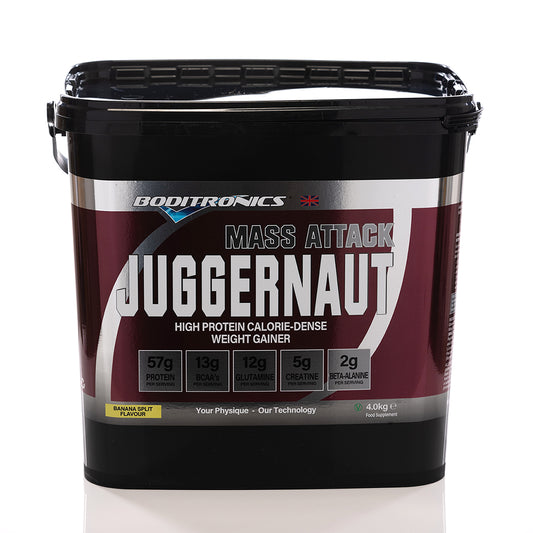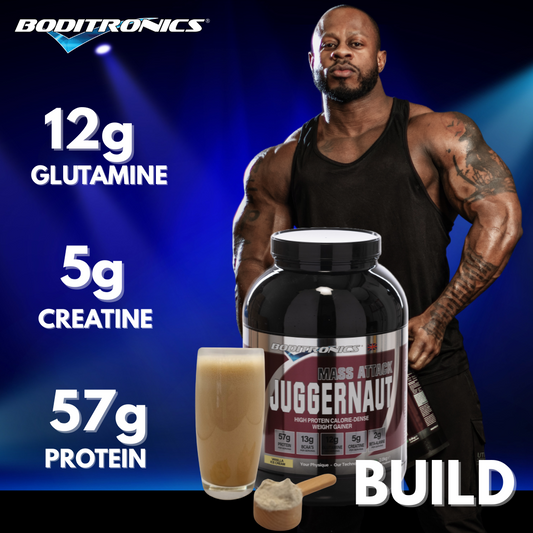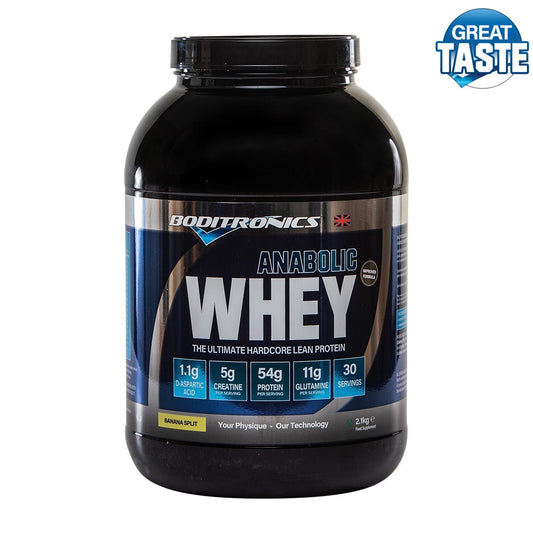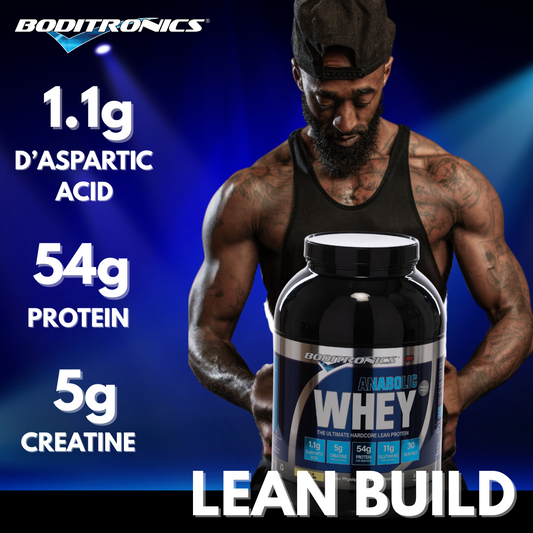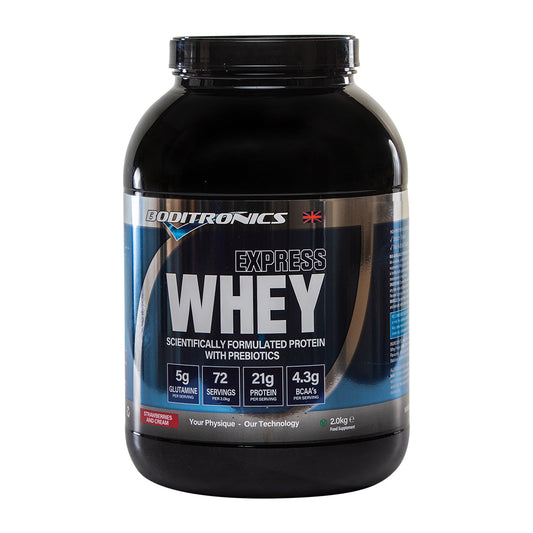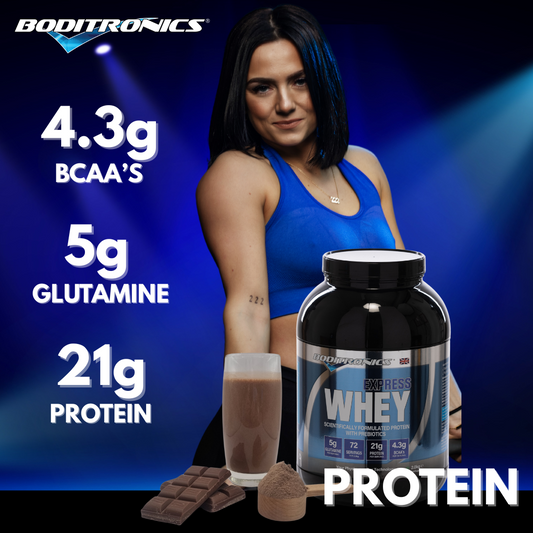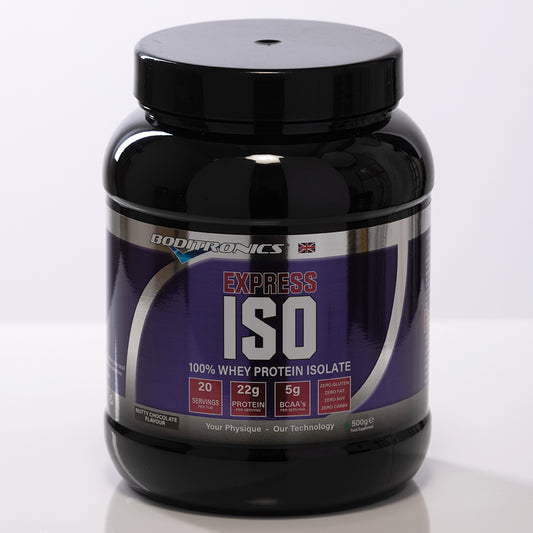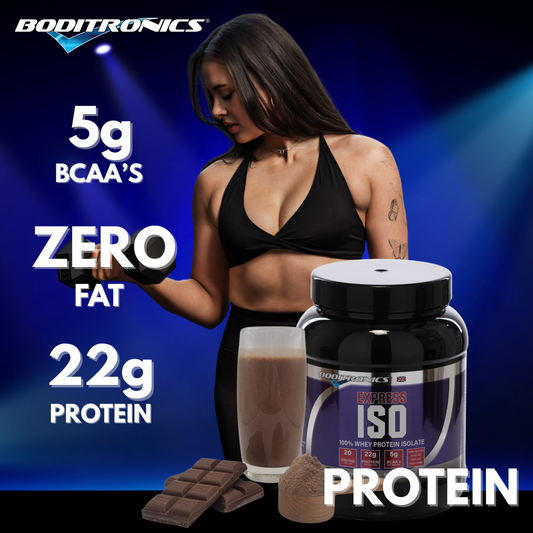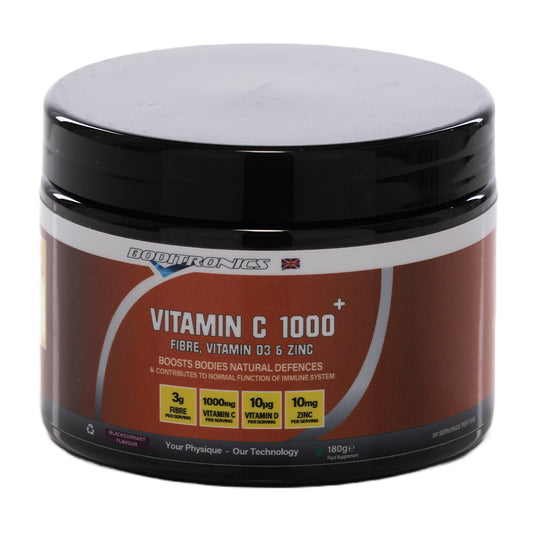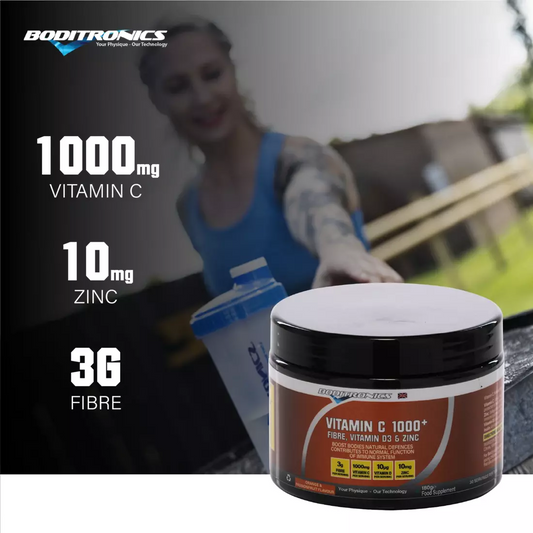
Why do we need protein?
Protein is essential for various bodily functions, including building and repairing tissues, producing enzymes and hormones, and supporting immune function. While animal products are traditionally rich sources of proteins, plant-based protein sources can also meet our protein needs.
Vegan protein sources, including plant-based foods and vegan protein powders, can provide an adequate amount of proteins when consumed in sufficient quantity and variety. However, it's important to ensure that these sources provide all the amino acids, which are the building blocks of protein.
A vegan diet can supply enough protein when well-balanced and diverse, incorporating a variety of plant-based foods that collectively provide all amino acids. Vegan protein powders can be helpful supplements to boost protein intake, especially for those who have higher protein needs or struggle to consume enough protein through whole foods alone.
Overall, whether you're following a vegan, vegetarian, or omnivorous diet, ensuring you get enough protein is crucial for overall health and well-being.
Why Direct Nutrition Elite Series Vegan Protein Powder
Our High-quality Vegan Powder offers numerous benefits:
Plant-based proteins: It provides a rich blend of vegetable proteins derived from sources such as soy, vital wheat gluten, pea, and rice, making it suitable for those following a plant-based diet. With a huge 27g high-quality proteins per serving. What's not to like?
Complete Vegan protein powder: The combination of different types ensures that the product contains all essential branched-chain amino acids, making it a complete vegan protein source.
Dairy-free: It's gluten free made from dairy products, making it suitable for individuals who are lactose intolerant or following a dairy-free diet.
High-quality: Elite Vegan blend offers high-quality proteins, which are essential for supporting muscle growth, repair, and overall health.Vitamins and minerals: While not explicitly mentioned in the list, the product may contain added vitamins and minerals from the mineral blend, contributing to overall nutritional support.
Delicious flavours: It comes in various flavours like chocolate and strawberry, enhancing taste satisfaction and making it enjoyable to consume as part of a balanced diet.
Incorporating the Elite series vegan into your diet can contribute to a healthy lifestyle, especially for those seeking plant-based proteins or following dietary restrictions such as dairy-free and meat-free. Elite Vegan is the one source of protein that tastes great and is low in sugar you don't want to miss on plant-based diets!
Why choose a plant-based diet?

Choosing a vegan diet made with protein from plants offers a myriad of benefits. With a focus on protein in each serving, you can find ample amounts in plant-based staples like beans, lentils, tofu, nuts, seeds, and whole grains. Contrary to common misconceptions, it's entirely feasible to meet protein intake requirements on a vegan diet by incorporating a variety of plant proteins into your meals. Not only does this align with ethical and environmental considerations, but vegan diets are also rich in fibre, vitamins, and minerals, promoting overall health and well-being. The amount of protein needed varies based on factors like age, activity level, and health goals, but plant-based foods offer diverse and delicious sources to meet these needs. From soy foods like tofu and tempeh to other vegan proteins such as seitan or pea protein, the options are plentiful and flavorful. Ultimately, choosing a plant-based diet not only supports personal health but also contributes to environmental sustainability and animal welfare.
What Are Vegan Protein Benefits?
Vegan protein offers several benefits:
Plant-based protein: Vegan protein is derived from plant sources such as nutritional yeast soy, pea, hemp seeds, and other plant-based ingredients. These sources provide diverse nutrients and are suitable for individuals following vegan nutrition or those looking for alternatives to animal-derived proteins like whey protein.
Vegan protein sources: Vegan protein offers a variety of sources, including pea protein isolate, and hemp seeds. These plant based sources are rich in amino acids, which are crucial for muscle repair and growth, making them effective alternatives to animal-derived proteins.
Healthy fats: Some vegan protein sources, such as hemp seed contain good fats, including essential fatty acids like omega-3 and omega-6. These fats benefit heart health, brain function, and overall well-being.
Health benefits: Vegan protein offers numerous health benefits, including support for body weight management, muscle building, and overall health. Additionally, plant diets have been associated with lower risks of chronic diseases like heart disease and diabetes.
In summary, vegan protein provides a rich source of plant nutrients, essential amino acids, good fats, and vitamins, making it a valuable component of vegan diets and a beneficial choice for overall health and well-being.
Is Vegan protein as good as Animal proteins?

Vegan proteins, such as those found in green peas, can indeed be as good as animal proteins in many ways. While animal products are traditionally high in protein per amount, plant sources like green peas can offer a comparable amount of protein per serving. Peas contain about 51 grams of protein per 100 grams, making them a valuable protein source.
Vegan protein is also beneficial because it comes from natural sources, contributing to a well-rounded diet. They offer various health positives, such as being naturally low in fat and often low in sugar, making them suitable for those aiming to manage their weight or follow a low-fat diet.
Moreover, plant proteins can provide essential nutrients, vitamins, and minerals while being free from animal products, making them suitable for individuals following vegetarian, vegan, or plant diets. Additionally, plant protein powders, like pea protein isolate, offer a convenient way to supplement protein, particularly for those looking to build muscle or add extra protein to their nutrition.
Overall, while animal products are commonly associated with protein, plant sources like green peas can be just as good quality protein too, offering a nutritious, sustainable, and ethical option for meeting protein needs and maintaining a healthy balanced nutritional plan.
How much protein should I eat?

The amount of protein you should aim for when opting to be vegan depends on various factors such as your age, gender, activity level, and health goals. Generally, the Recommended Dietary Allowance (RDA) for protein is 0.8 grams per kilogram of body mass per day for adults. However, some individuals, such as athletes or those with higher muscle mass, may require more protein.
For vegans, it's recommended to ensure that protein consumption is adequate by consuming a variety of plant sources throughout the day. This can include foods like beans, lentils, tofu, tempeh, edamame, quinoa, nuts, seeds cooked grains, and plant protein powders.
Aiming for a diet that includes sufficient high-quality protein from these sources can help meet your nutritional needs and support overall health and well-being. If you have specific health or fitness goals, consulting with a registered dietitian or nutritionist can provide personalized guidance on protein intake and dietary planning.
Do Brussels sprouts have protein in them?
Yes, Brussels sprouts do contain protein, although they are not exceptionally high in protein compared to other foods. Brussels sprouts are a nutritious vegetable that provides a variety of vitamins, minerals, and fibre. While they are not a significant source of protein compared to protein-rich foods like legumes or tofu, they still contribute to your overall protein intake as part of a balanced nutritional plan.
High-protein vegan foods
High-protein vegan foods can be found abundantly in plant sources of protein. These foods are naturally high in protein and can serve as main sources of protein in a vegan nutritional plan. One such example is Ezekiel bread, which contains various grains and legumes like wheat, barley, lentils, soybeans, and spelt. These ingredients make this bread a main protein source, providing essential amino acids necessary for muscle repair and growth.
Additionally, plant sources of protein like legumes (beans, lentils, chickpeas), tofu, tempeh, edamame, quinoa, hemp seeds, chia seeds, nuts, and seeds are naturally high in protein. These foods not only offer ample amounts of protein but also provide other essential nutrients like fibre, vitamins, and minerals.
Incorporating these high-protein vegan foods into your nutritional plan can help you meet your protein needs. Whether you're looking to build muscle or maintain balanced nutrition, plant sources like Ezekiel bread and others mentioned above can be excellent choices.
What is soy protein?
Soy protein is a protein derived from soybeans, which are legumes native to East Asia. It's considered high-quality plant proteins are commonly used as an alternative to animal-derived proteins like meat, dairy, and eggs. Soy protein is extracted from soybeans through various processes, such as isolating the protein from the soybean meal.
Soy protein is commonly found in various foods and food products, including tofu, tempeh, soy milk, soy-based meat substitutes, protein powders, and energy bars. It's a versatile ingredient that can be used in a wide range of dishes, from savoury stir-fries to smoothies and baked goods.

Can you eat too much protein?
Yes, consuming excessive amounts of protein can strain the kidneys and may lead to health issues such as dehydration, kidney damage, and nutrient imbalances.
What are the benefits of soy protein?
Soy protein is unique because it contains all essential amino acids, making it a complete protein source. This means it provides all the amino acids our bodies cannot produce on their own and must obtain from food sources.

Is brown rice or wild rice a good source of protein?
While brown rice protein contains some protein, it is not considered a high-protein food compared to other sources like legumes or tofu.
Is there much protein found in nut butter?
The protein content in nut butters varies depending on the type of nut, but generally, they provide a moderate amount of protein per serving.
About the Author:
Frankie Copley boasts an impressive 17-year tenure within the dynamic realm of Nutrition and Fitness. Her journey has been a testament to her unwavering dedication, evolving from a Bodybuilder to conquering Duathlons (securing 2nd and 3rd places overall), mastering Triathlons (ranking within the top 10 in her age group), and embarking on numerous Half Marathons and a full Marathon. Currently immersing herself in the world of CrossFit, Frankie's passion for fitness knows no bounds.
Throughout her athletic endeavours, Frankie has navigated diverse supplement regimens and dietary requirements tailored to each sport. Not content with personal achievement alone, she channels her expertise as both a personal trainer and nutritional therapist, guiding others on their wellness journeys.
What fascinates Frankie most is the unique interplay between individuals and nutrition, recognizing that a singular approach doesn't suffice for everyone. For her, the cornerstone of any effective nutritional strategy lies in empowering individuals with accessible knowledge, equipping them with the discernment to make informed dietary choices irrespective of their athletic pursuits. She firmly believes that making nutrition transparent will give them a better chance to make informed decisions, but that if they become stuck all they have to do is ask!
